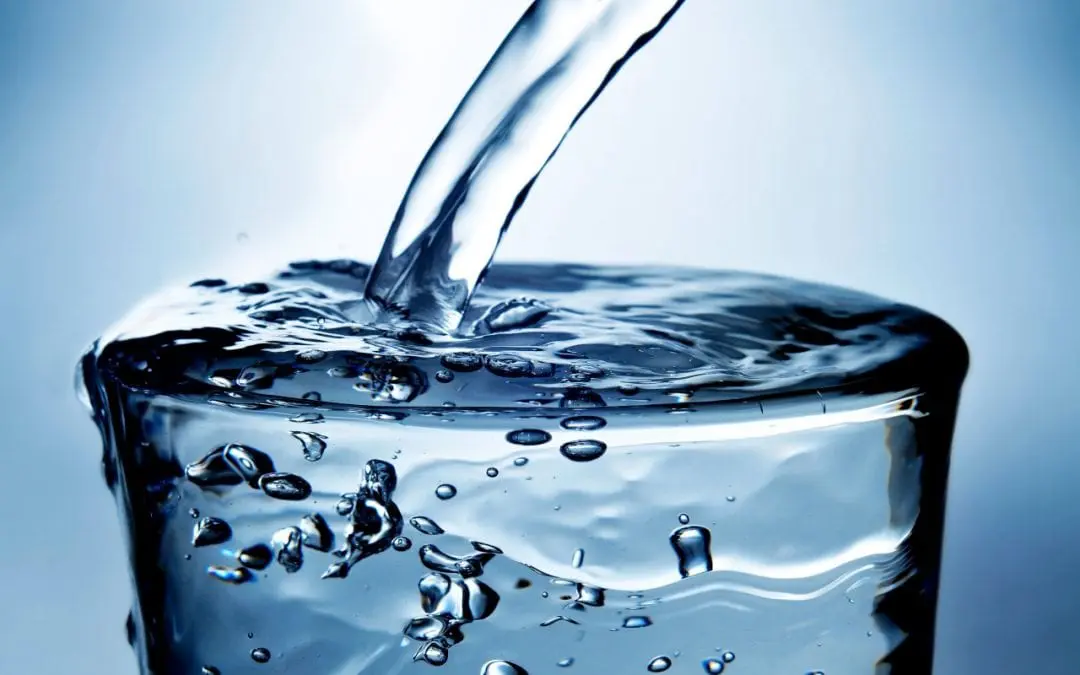Water Filters for Your Home
Reverse Osmosis
Reverse osmosis (RO) uses a semi-permeable membrane to filter contaminants out of water. Pressure forces water through the barrier while larger contaminants are trapped by the membrane.
RO filters can remove chemical contaminants like lead, copper, and sulfur. It filters some viruses and many types of bacteria. This type of filtration system is also effective in removing calcium, fluoride, and nitrate.
Activated Carbon Water Filters for Your Home
Activated carbons filters are the most popular types used in homes. They are inexpensive and effective in removing many types of contaminants. In this type of filter, charcoal is “activated” to expand its surface area. As the unfiltered water passes through the filter, contaminants adhere to the charcoal, becoming permanently trapped.
Activated carbon filters reduce the amount of chlorine, phosphate, and lithium in your water. They’re also effective against residues from herbicides, pesticides, and inorganic contaminants.
An activated carbon filter will not remove organic contaminants like viruses or bacteria. This filter is also not effective against heavy metals or iron.
UV Home Water Filters
Ultraviolet light is an effective tool for killing bacteria and other microorganisms in water. It attacks the DNA of the bacteria, removing their ability to reproduce. UV water filters can deactivate up to 99.99% of living organisms in the water.
UV filters disinfect water without chemicals, making them ideal for removing bacteria and other microorganisms.
UV filters cannot remove chemicals, pesticides, heavy metals, and similar materials from water, so these filters are best used in conjunction with another type of water filter.
Water Ionizer
A water ionizer is not as common as other home filtration systems. To treat the water, an ionizer passes water over electrically charged plates. This process, known as electrolysis, separates the water into alkaline and acidic streams.
Alkaline water is softer than acidic water. Ionizing filters produce water that is easy on the skin when bathing and softer water is better for cleaning your home and laundry.
The water ionizer itself does not remove contaminants or bacteria from the water. Many ionizer systems, however, do include activated charcoal filters as part of their system.
Distillation Machines to Filter the Drinking Water in Your Home
Water distillation removes types of organic and inorganic contaminants. The process involves heating water to its boiling point and collecting the steam produced. As the steam cools down, it turns back into liquid water, less the contaminants the process left behind.
This method can remove compounds like sodium, calcium, magnesium, iron, fluoride, heavy metals, and organic compounds. It deactivates most bacteria, viruses, and protozoan cysts.
Distillation does not eliminate any compounds with a boiling point lower than water. Those will vaporize along with the water.
Before deciding on a filter for your home, have your water tested. With that information, you can choose from the different types of water filters and select the best one for your family.
Drew Inspection Service provides home inspections to South Dakota. Contact us to schedule an appointment.

